
Unveiling the Truth: Does USDA Organic Mean No Pesticides
Unveiling the Truth: Does USDA Organic Mean No Pesticides
In recent years, there has been an increasing global concern regarding pesticide usage in food production. The demand for organic products has surged, with consumers seeking healthier alternatives to conventional options. One prevalent question that arises is, does USDA organic certification guarantee the absence of pesticides? In this article, we will delve into the topic to shed light on the truth behind Does USDA Organic Mean No Pesticides.
Understanding USDA Organic Certification:
The United States Department of Agriculture (USDA) organic certification marks products that are produced following strict organic standards. These standards encompass the entire production process, including crop cultivation, livestock rearing, and the use of synthetic substances such as pesticides. The USDA ensures that certified organic products meet specific requirements and undergo rigorous inspections to maintain their organic integrity.
Differentiating between Synthetic and Natural Pesticides:
Contrary to popular belief, organic farming, including the production of USDA organic tequila -certified products, does mean completely pesticide-free. While synthetic pesticides are strictly prohibited in organic agriculture, naturally derived pesticides are allowed. The key distinction lies in the origin of the pesticide.
USDA Organic Tequila: A Case Study:
Absolutely! USDA organic tequila certification assures consumers of a commitment to rigorous organic farming practices. While USDA organic tequila does permit the use of natural pesticides, these are carefully evaluated for safety and environmental impact. Thus, the organic label ensures that does USDA organic mean no pesticides and tequila is produced with minimal synthetic inputs, promoting healthier and higher-quality beverages. This certification signifies a dedication to sustainability and consumer well-being, aligning with the growing demand for organic products. So, while organic tequila may utilize natural pesticides, its USDA organic Tequila certification reflects a broader commitment to responsible and eco-conscious production methods.
Natural Pesticides in Organic Tequila Production:
In the realm of tequila production, organic practices are increasingly prevalent, with a focus on utilizing natural pesticides to safeguard agave plants. Derived from botanical extracts, minerals, and other natural sources, these pesticides are integral to organic farming, distinguished by their minimal environmental and health risks compared to synthetic counterparts.
The approval and use of natural pesticides reflect a commitment to sustainability and environmental stewardship in organic tequila production. By opting for eco-friendly alternatives, producers uphold organic farming principles, ensuring the health of consumers and the planet while maintaining the quality of agave crops. Overall, the judicious application of natural pesticides contributes to the resilience and vitality of agave plants, supporting optimal yield and quality in organic tequila production.
The USDA Organic Certification Process:

Application: Farmers and producers interested in obtaining USDA Organic certification must submit an application to a USDA-accredited certifying agent. This application includes detailed information about the farm or production facility, including the types of crops or products grown and the farming practices used.
Documentation and Inspection: The certifying agent reviews the application and conducts an on-site inspection of the farm or facility. During the inspection, the agent verifies compliance with USDA Organic standards, including soil quality, pest management practices, crop rotation, and use of prohibited substances like synthetic pesticides, fertilizers, and genetically modified organisms (GMOs).
Review Process: After the inspection, the certifying agent reviews the findings and determines if the farm or facility meets USDA Organic standards. If discrepancies are found, the producer must address them to maintain or obtain certification.
Certification Decision: Upon successful completion of the inspection and review process, the certifying agent makes a decision regarding certification. If the farm or facility meets USDA Organic standards, the producer is issued an organic certificate.
Labeling and Marketing: Once certified, producers can label their products as “USDA Organic” and use the USDA Organic seal on packaging and marketing materials. Consumers can look for these labels and seals to identify products that meet organic standards.
Overall, the USDA Organic certification process is designed to provide transparency and assurance to consumers that organic products are produced using environmentally friendly and sustainable practices.
Conclusion:
USDA organic certification provides consumers with assurance that the products they consume are devoid of synthetic pesticides and are cultivated using sustainable agricultural practices. However, it’s important to note that organic farming permits the use of natural pesticides. Consumers can confidently choose USDA organic tequila products, knowing that the pesticides used have undergone comprehensive evaluation to mitigate potential risks and adhere to stringent organic regulations. Ultimately, individuals must weigh the benefits and make informed decisions about the food and beverages they consume.
Explore our range of organic tequilas, including Organic Blanco Tequila, Organic Reposado Tequila, Organic Añejo Tequila, and Organic Extra Añejo Tequila.
Buy now to indulge in the unparalleled quality of AgaveLuz Tequila.
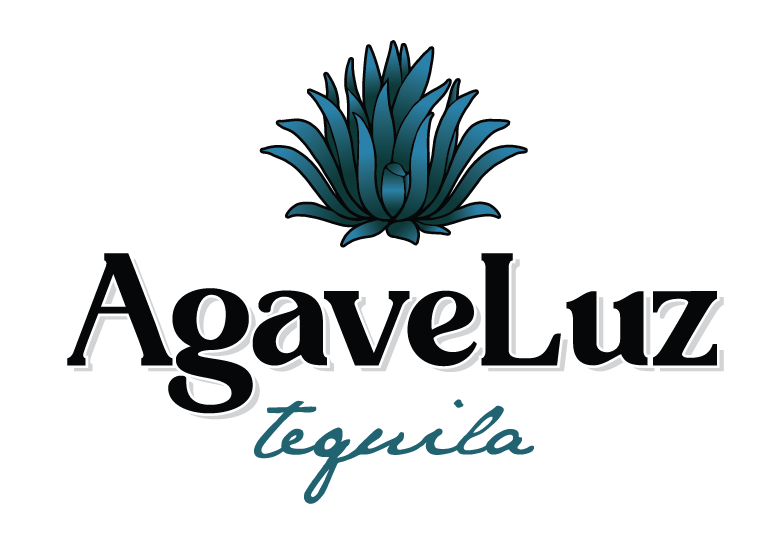
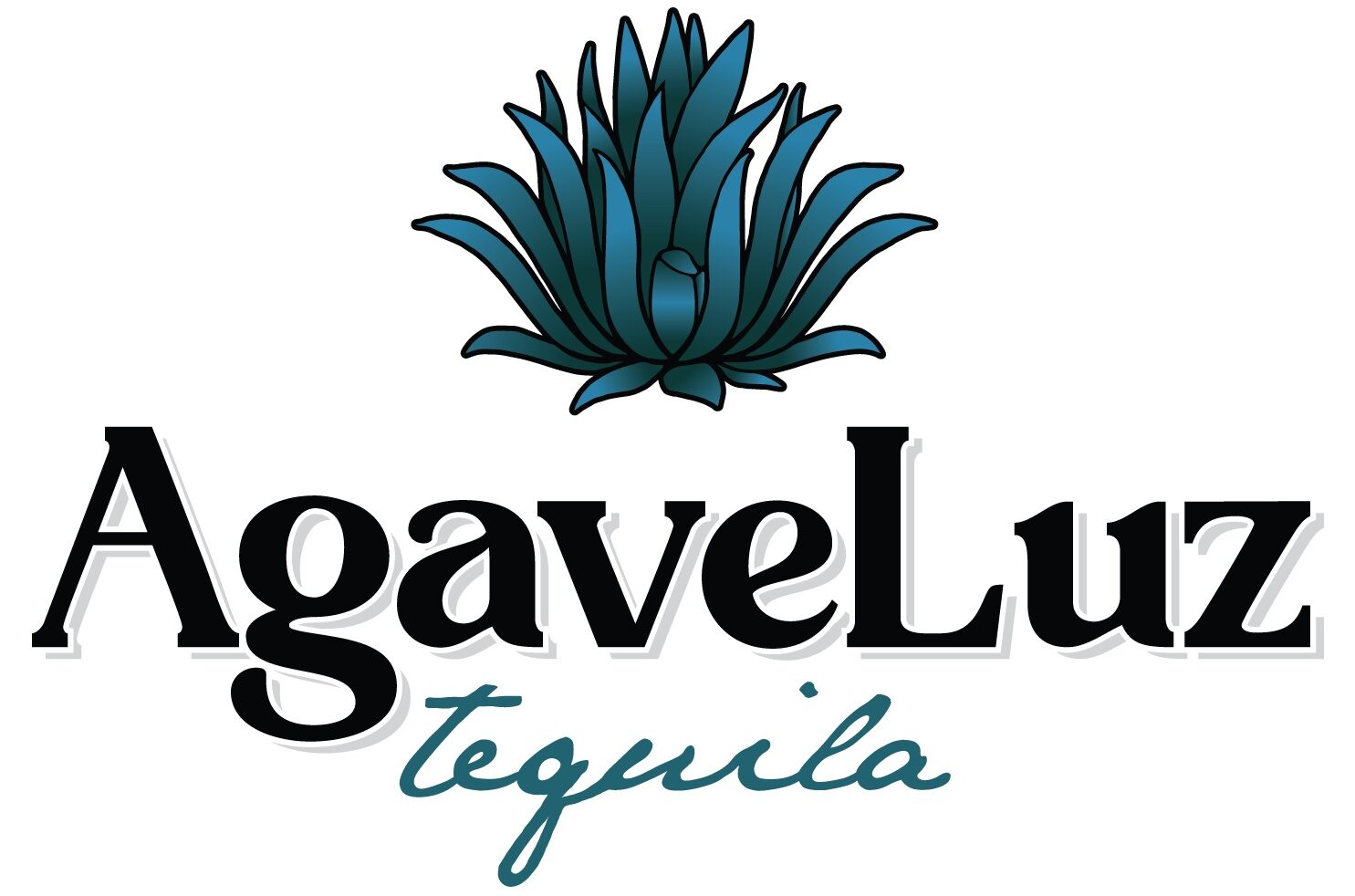


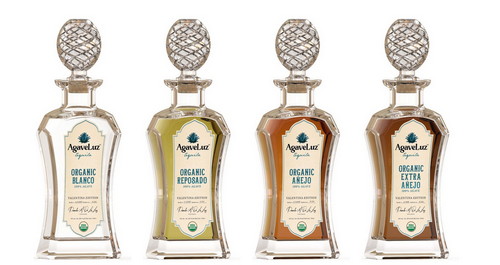















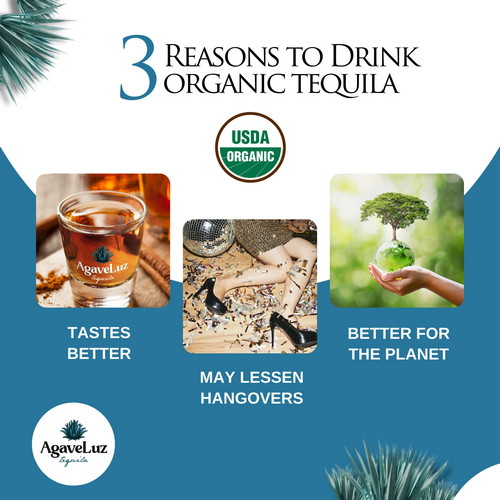


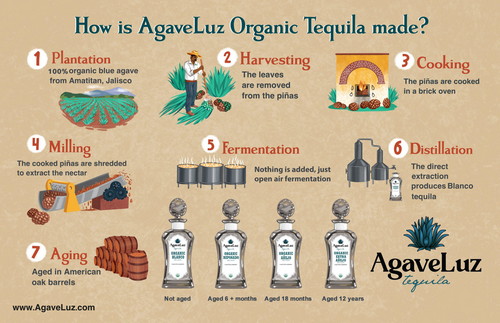


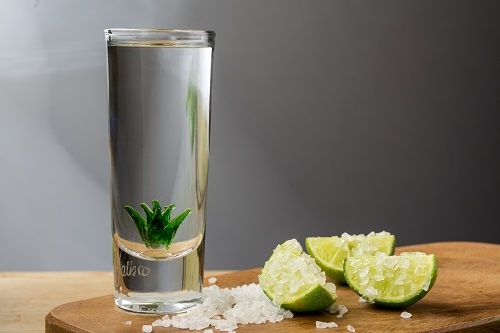
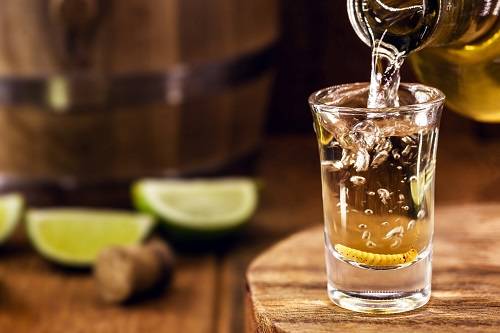




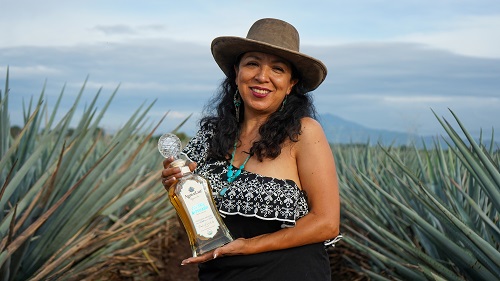
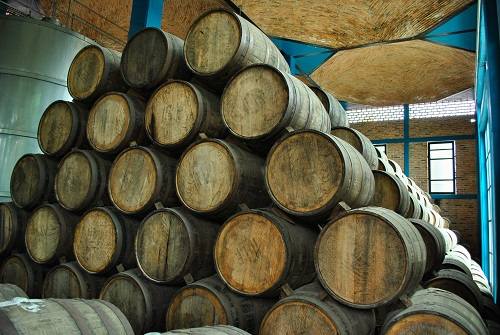





Post a Comment